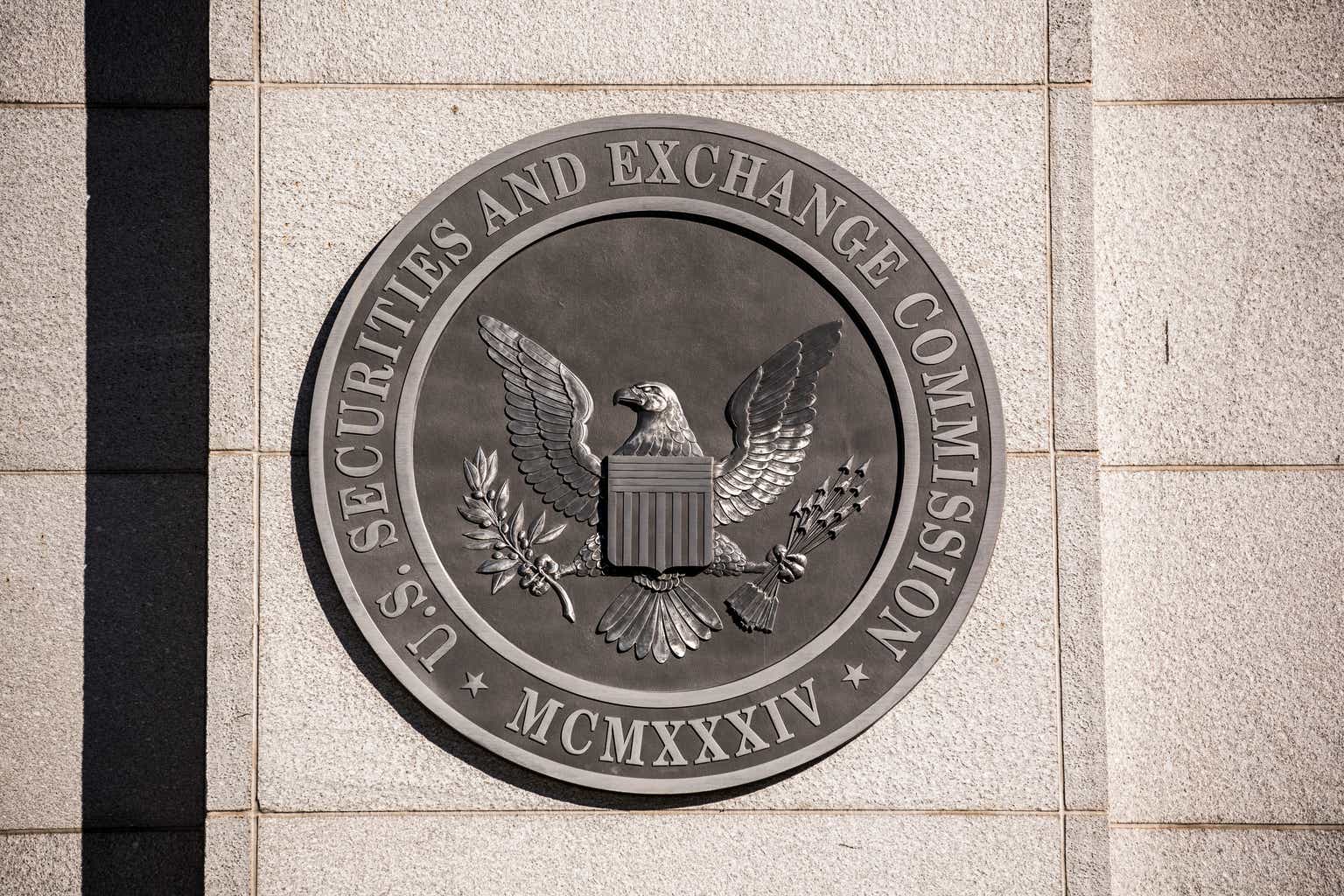Stricter rules
More regulation is coming to one of the foggier areas of finance after the SEC voted 3-2 to strengthen requirements on how private equity, hedge funds and venture capital interact with investors. It’s a big deal for an industry that has doubled over the past decade, and currently manages more than $25T in assets. “Economically, our investors, large or small, benefit from greater transparency and integrity,” SEC Chair Gary Gensler declared. “These are significant enhancements in the capital markets.”
Snapshot: The new regulations will require private funds to provide investors with quarterly statements detailing standardized metrics like fund fees, expenses, and performance. Firms will also be banned from giving preferential treatment to certain investors for cashing out if that practice leads to a negative effect on other investors (unless terms like favorable redemption rights are included). Funds will additionally be required to perform annual audits, while disclosures or explicit investor consent will be mandated when funds want to pass on compliance costs.
Proponents say the new rules target unfair behavior, while combating opaque fees and leveling the playing field for investors. Others accuse the SEC of overstepping its authority by dictating sales practices, and reducing investment opportunities for pensions, foundations, and endowments. Critics also feel the regulations could increase costs and undermine competition, though it still remains to be seen if the Managed Funds Association will initiate litigation over the plan.
Fine print: Despite the new rules, there were some big wins for the private fund industry. Aggressive lobbying efforts resulted in several parts of the final rules being eased, like indemnification clauses that would’ve allowed investors to sue for gross negligence instead of ordinary negligence. Also included is a grandfathering provision, meaning existing arrangements can remain in effect. (4 comments)
Up, up and away
Nvidia (NVDA) soared 6.6% in after-hours trading on Wednesday, and is extending gains before the bell today to rise 8%, after the semiconductor giant reported Q2 results. Data center sales surged to a record $10.32B, topping the $7.98B consensus estimate, while Q3 sales were forecast at around $16B, well above the $12.5B that analysts were expecting. Wedbush Securities analyst Dan Ives said Nvidia’s guidance will be the fuel igniting a tech rally that will continue into the rest of the year, with Nasdaq futures climbing more than 1% overnight. “The Godfather of AI” also approved a $25B share buyback and said it would continue to repurchase stock this fiscal year. (468 comments)
Meet Cordavis
CVS Health (CVS) has launched a new subsidiary dedicated to marketing biosimilars in the U.S. Sandoz’s version of AbbVie’s (ABBV) blockbuster anti-inflammatory drug Humira will be its first product, but CVS intends to build an entire portfolio of biosimilars, a market that is projected to grow to $100B by 2029. Prior to the pandemic, Humira had been the best-selling branded prescription drug in the world, but it will lose its market exclusivity this year as its patent is set to expire. The announcement of Cordavis comes just weeks after CVS revealed plans to slash around 5,000 jobs as it pivots towards health services. (24 comments)
Lowest in a month
U.S. crude oil futures have hit four-week lows as troubles in China’s property sector add to concerns about lackluster economic data from the world’s second-largest oil consumer. A bigger-than-expected weekly drop in U.S. crude supplies still helped to ease the price decline, though implied gasoline demand in the U.S. revealed a weak showing for the summer driving season. “The rally in oil appears to have run out of steam for now,” ING analysts said. “China’s macro issues, along with a growing expectation that maybe the U.S. Fed is not done with its tightening cycle have weighed on oil more recently.” Will commodities surge back? Take this week’s WSB survey here. (28 comments)
Read the full article here



